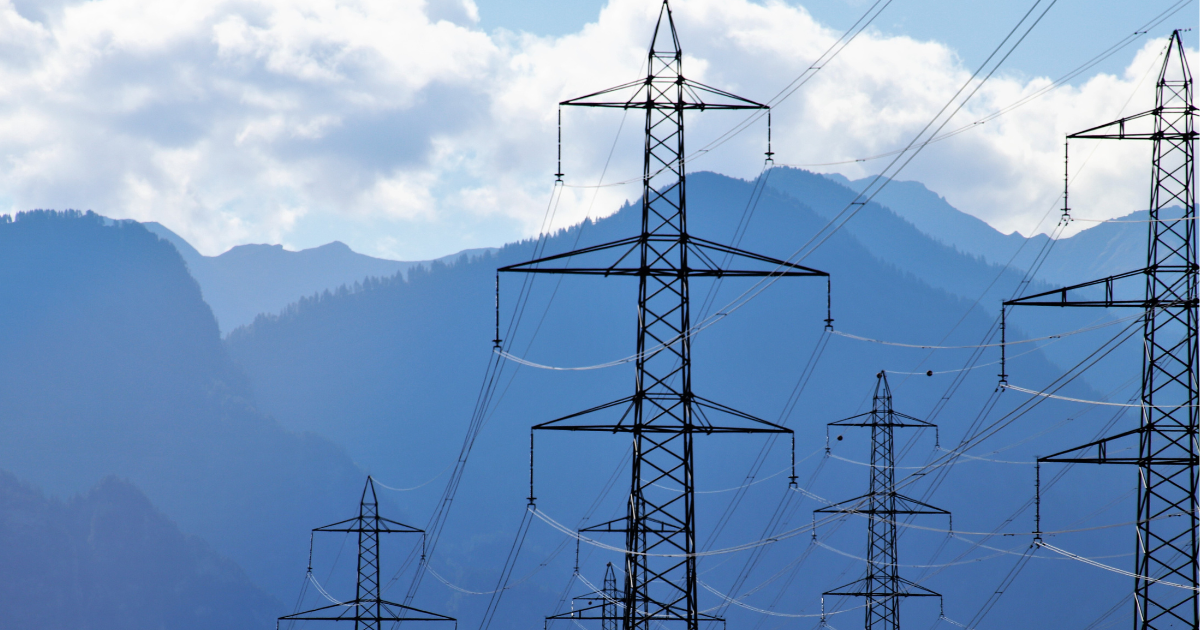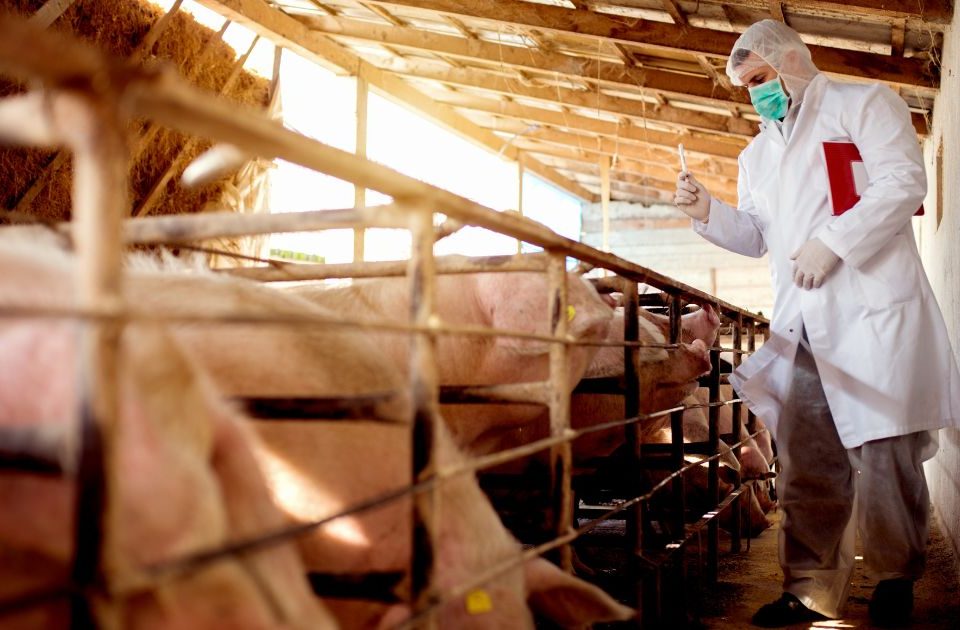
Właśnie weszły w życie nowe przepisy regulujące działalność klastrów energii. Zmiany mają ułatwić ich funkcjonowanie i jednocześnie przyczynić się do popularyzacji tego rozwiązania. Klastry zostaną zwolnione ze stale zmieniającej się opłaty związanej z odnawialnymi źródłami energii, z opłaty kogeneracyjnej, a także akcyzy czy szeregu obowiązków związanych ze świadectwami pochodzenia i świadectwami efektywności energetycznej.
Nowelizację obowiązującą od 1 października br. na łamach Dziennika Gazety Prawnej omówili nasi eksperci, Piotr Włodawiec i Marcin Bandurski.
„Niestety dotychczasowe przepisy nie gwarantowały skutecznego rozwoju klastrów energii w Polsce. Znowelizowane regulacje mają to zmienić i doprowadzić do powstania kilkuset nowych klastrów (obecnie jest ich ok. 70). Ich cel to ustanowienie jasnych zasad współpracy między lokalnymi podmiotami, które wytwarzają, dystrybuują i magazynują energię w ramach klastrów energii.”
Zapraszamy do przeczytania całego artykułu: LINK




